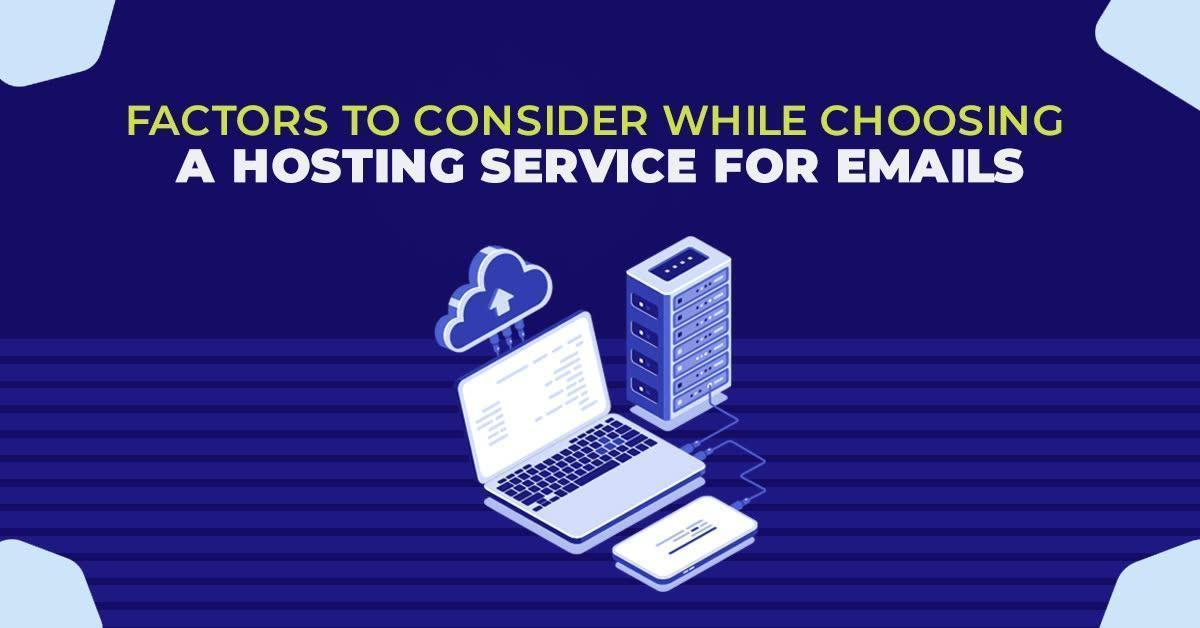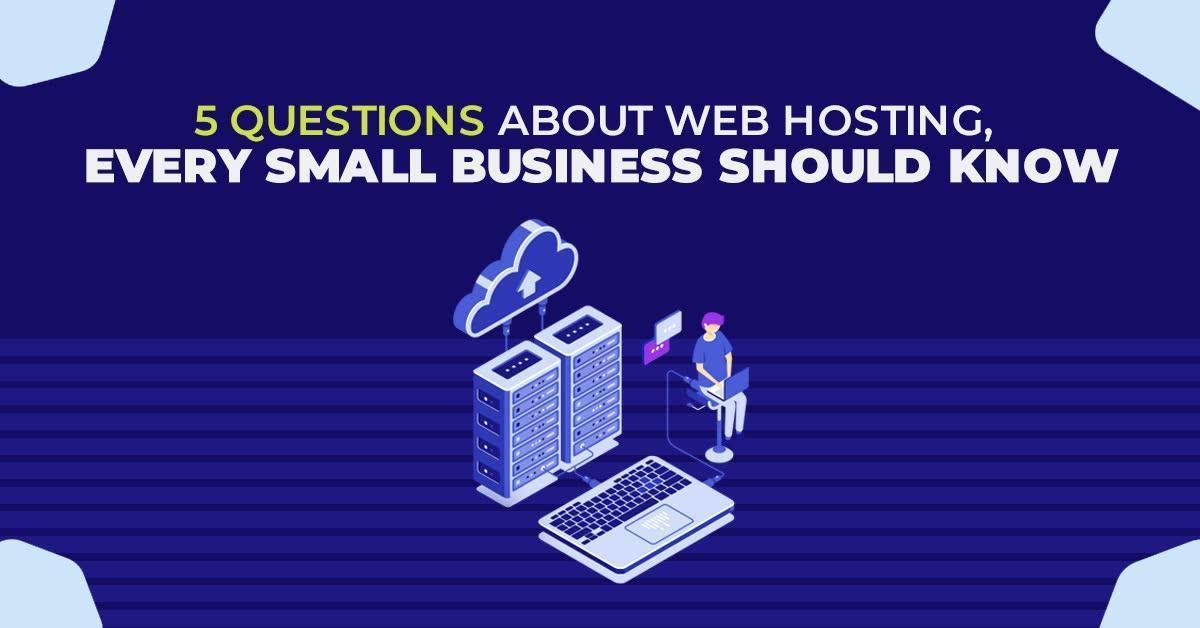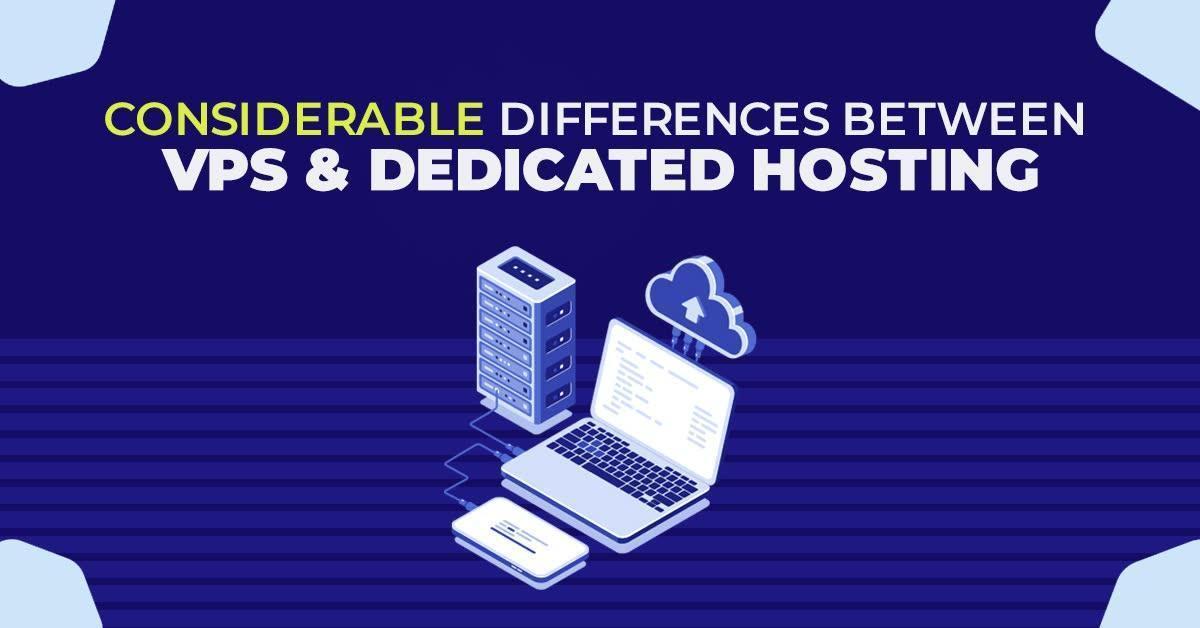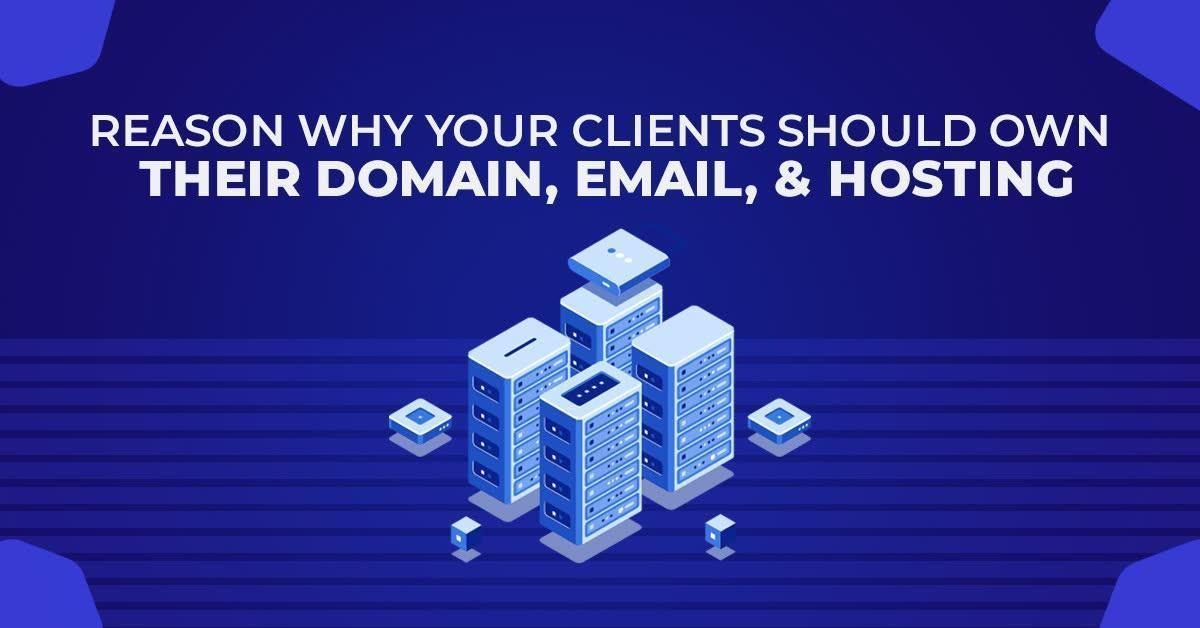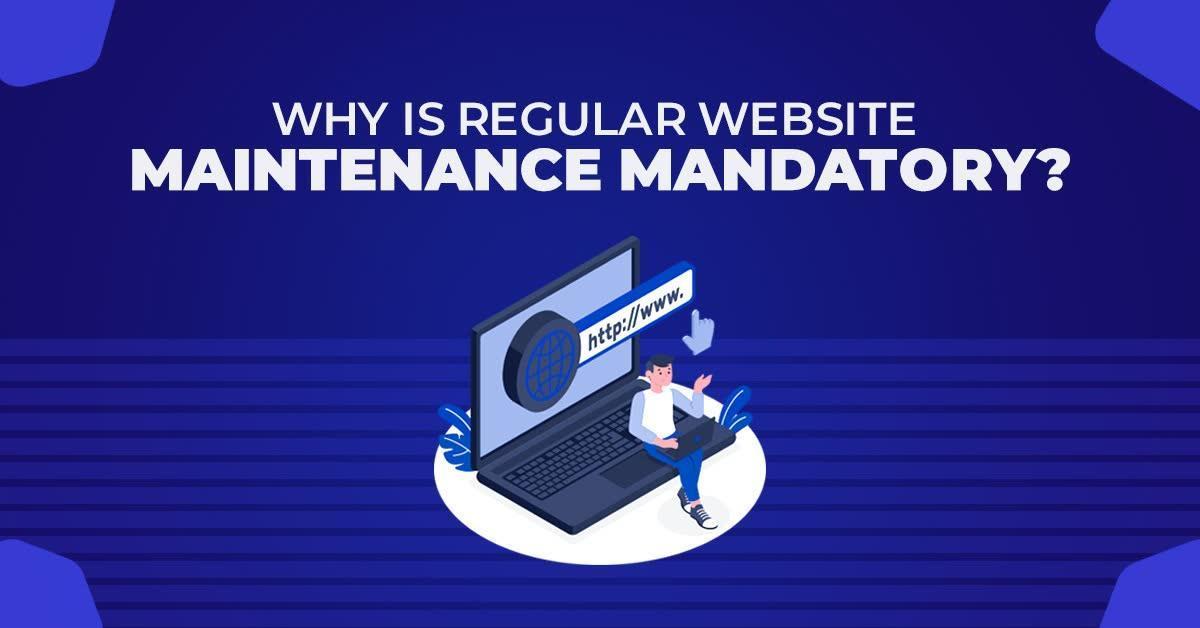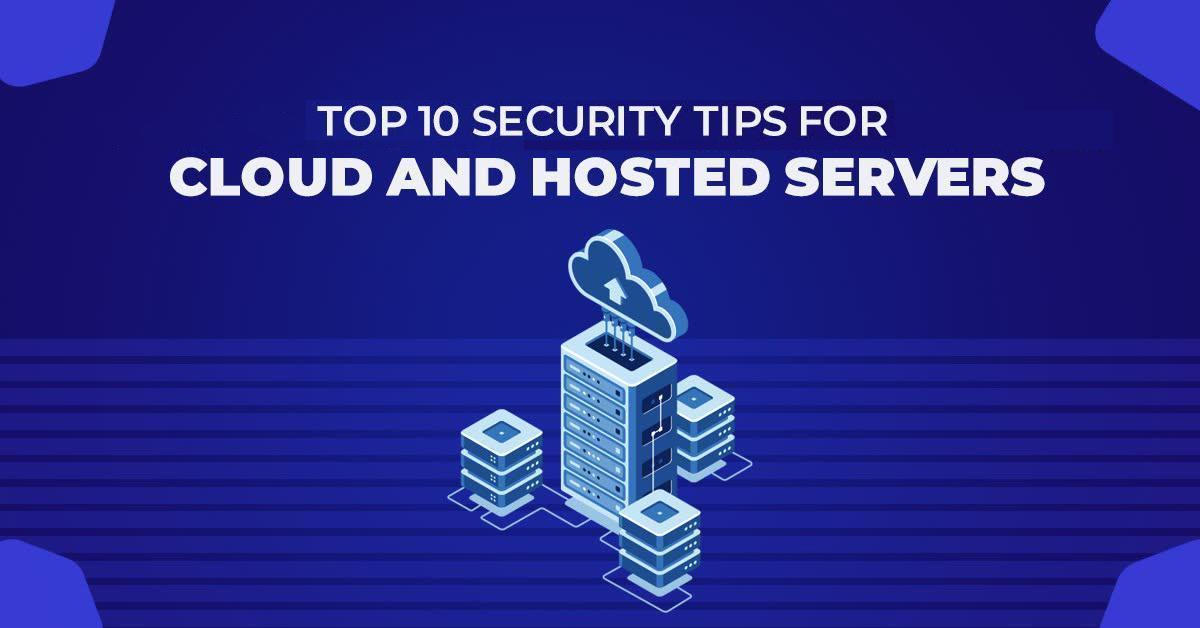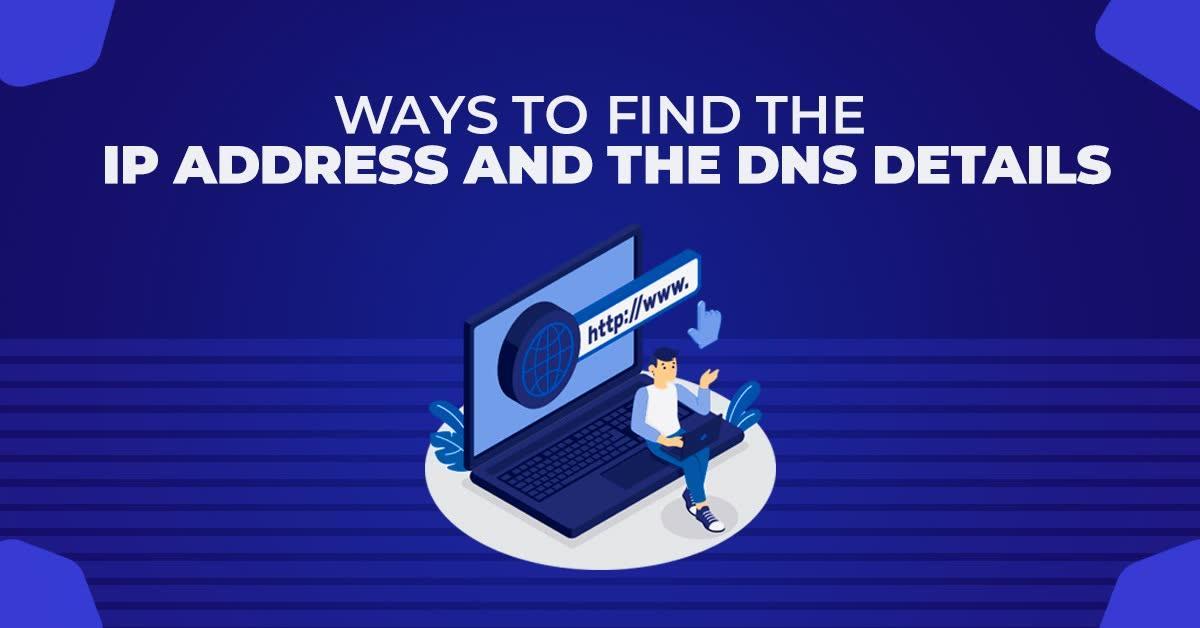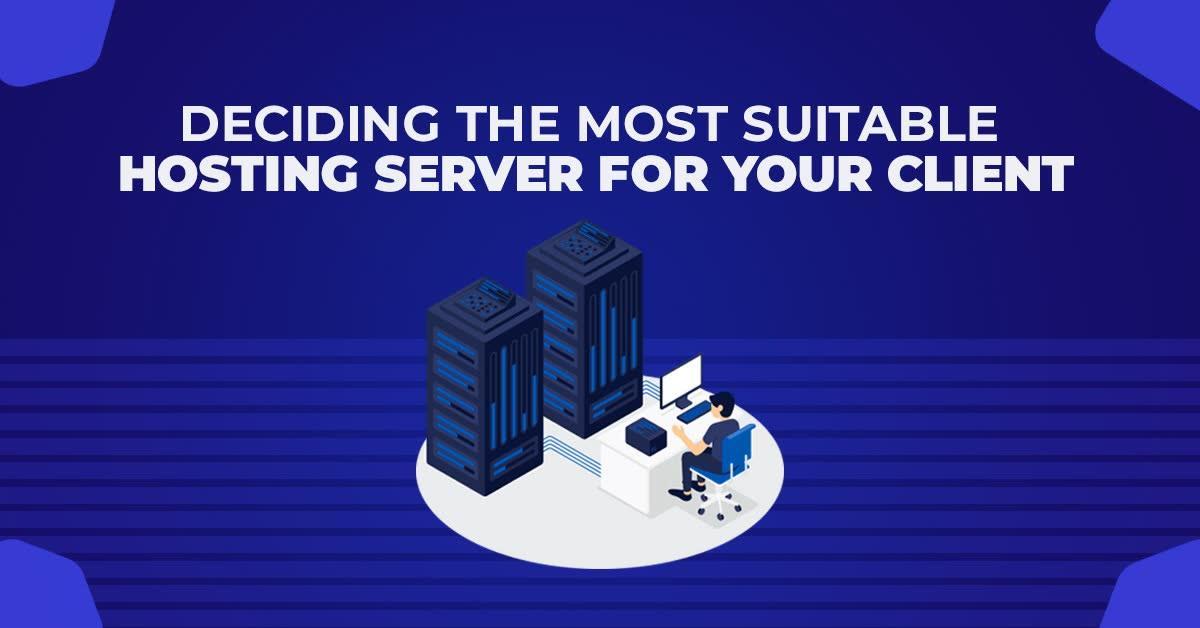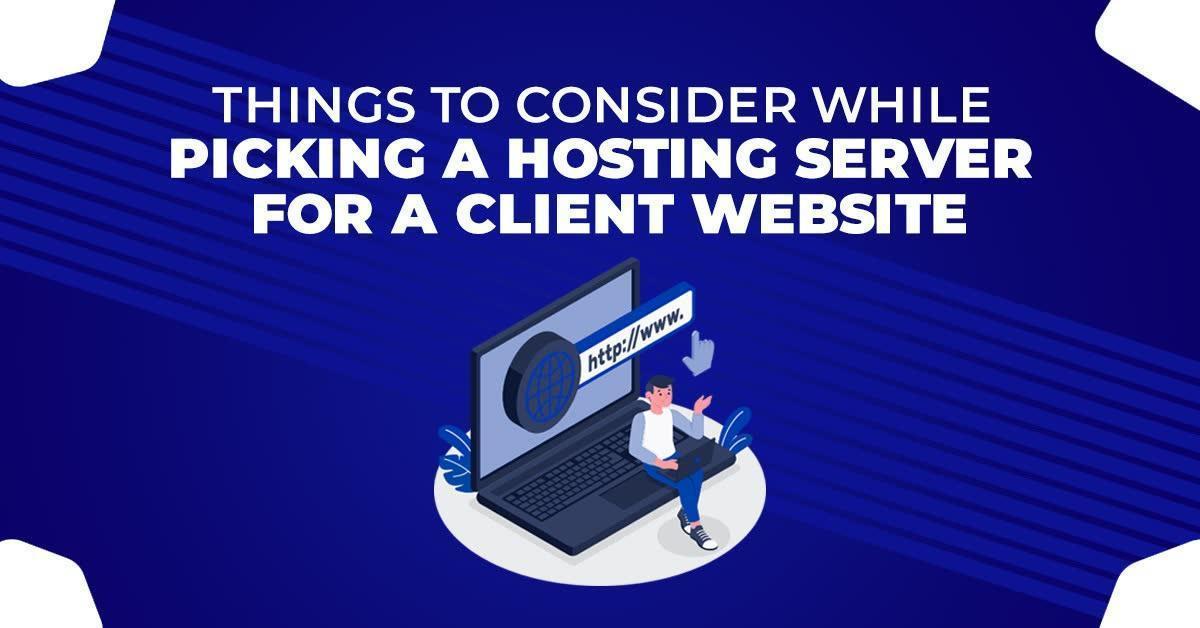Factors To Consider While Choosing A Hosting Service For Emails
The IT field is constantly evolving, and as a result, new and improved approaches to communication arise. E-mails are considered an effective and very popular form of communication. In the previous decades, it was common to depend on highly-priced and complex software programs with the intention to send and obtain emails. But now, with the help of hosted email services, everyone can have an effective email server while not having to maintain it by themselves. Choosing the best email hosting services is one of the most vital choices an enterprise has to make.
The mail hosting service will have a big effect on the potential to talk with customers, employees, and higher professionals. With various distinctive electronic mail web hosting vendors available, it is hard to decide which one is the right choice for a particular enterprise. With this note, seven factors are put forth that should be taken into consideration while choosing a suitable mail hosting service. The right service plan will be able to satisfy the requirements of the clients and carry out its functions in an effective way.
Necessity To Select Right Hosting Service
Electronic mail web hosting services are the agencies that offer clients email servers. Those email servers permit organizations and businesses to receive and send emails with the use of their very own domain name. For example, “mail.businessname.com”, is a mail ID that is specific to a business. Instead of trusting third-party services like yahoo, Gmail, etc, one can create their very own email hosting with help of mail hosting services.
It is essential to have the proper email web hosting provider because your e-mail server can substantially affect your capacity to speak with clients, partners, and employees. If your e-mail server is down, or not working efficiently, or doesn’t offer the features you want, you might tend to miss out on communication that is important which could lead to the loss of a client. Moreover, you will get complete control over all the communications that are carried out. Through this, you can manage your incoming mails by whitelisting and blacklisting and be able to customize mail signatures.
So it is very important to cautiously consider all the requirements and choose a hosting service that offers all the functions that are needed to carry out a smooth mail communication. Mentioned below are a few factors that can be considered while looking for a perfect hosting plan.
Factors To Consider While Choosing A Hosting Service For Emails
1. Size Of The Business
The very first feature to look for in a mail hosting service is the size of the business. If it is a small business with only a few employees a large hosting service with high-end plans will not be necessary. Whereas, if it is a huge organization with a large number of employees a massive service plan will be required. Be sure to look into all the features before purchasing a hosting service.
2. Type Of Communication To Use
In case you only need to receive and send emails, a basic service plan could be enough. whereas, if you want the server to carry out extra functions like mailing lists, document sharing, or managing contacts, you should choose a provider that offers those additional features.
3. Expected Number Of Emails To Be Sent And Received
If the business requires you to send only a few emails every day, a basic plan will be sufficient. But if you own a large business or an organization where a large number of emails will be sent on a daily basis it is better to choose a plan that can handle a higher traffic range so that the communication will be carried out in a smooth manner.
4. Levels Of Security
If your enterprise handles classified information, you will need a hosting service that will offer excessive degrees of protection. The level of security that is required will be based on the data that is being stored on the server. This will involve functions like encryption of SSL, multi-factor authentication, or filtering of spam mails.
5. Flexibility And Compatibility
The final element you need to keep in mind is flexibility and compatibility. Make sure to select an e-mail web hosting service that will be best suited to the devices and software program you intend on using. Moreover, be sure to find a plan that gives you the ability to grow along with your business. You will need extra features and more storage space as your commercial enterprise grows. Discover a provider that can accommodate your wishes.
6. Examine Carefully
In case you are not yet familiarized with the services of a hosting company, you will have a lot of questions and doubts that need clarifications. Good customer service is required to guide you through all of this. Be sure to examine the critiques and compare the reviews of previous clients and then decide on what plan to purchase.
7. Cost
Be sure to evaluate the costs of various features that are offered and find the one that suits your price range. Make sure to not directly come to conclusions while deciding.
To Summarize
While thinking of purchasing a hosting service plan, always take into consideration the business size, type of mail communication that will be used, the number of emails you wish to send or receive, level of security, and customer service that is needed, compatibility, and flexibility with the business, and the budget.
It is also very important to know when the service plan will be of great use to the business or organization. Do research a lot about the various features that are offered and the budget of each of these plans.



































